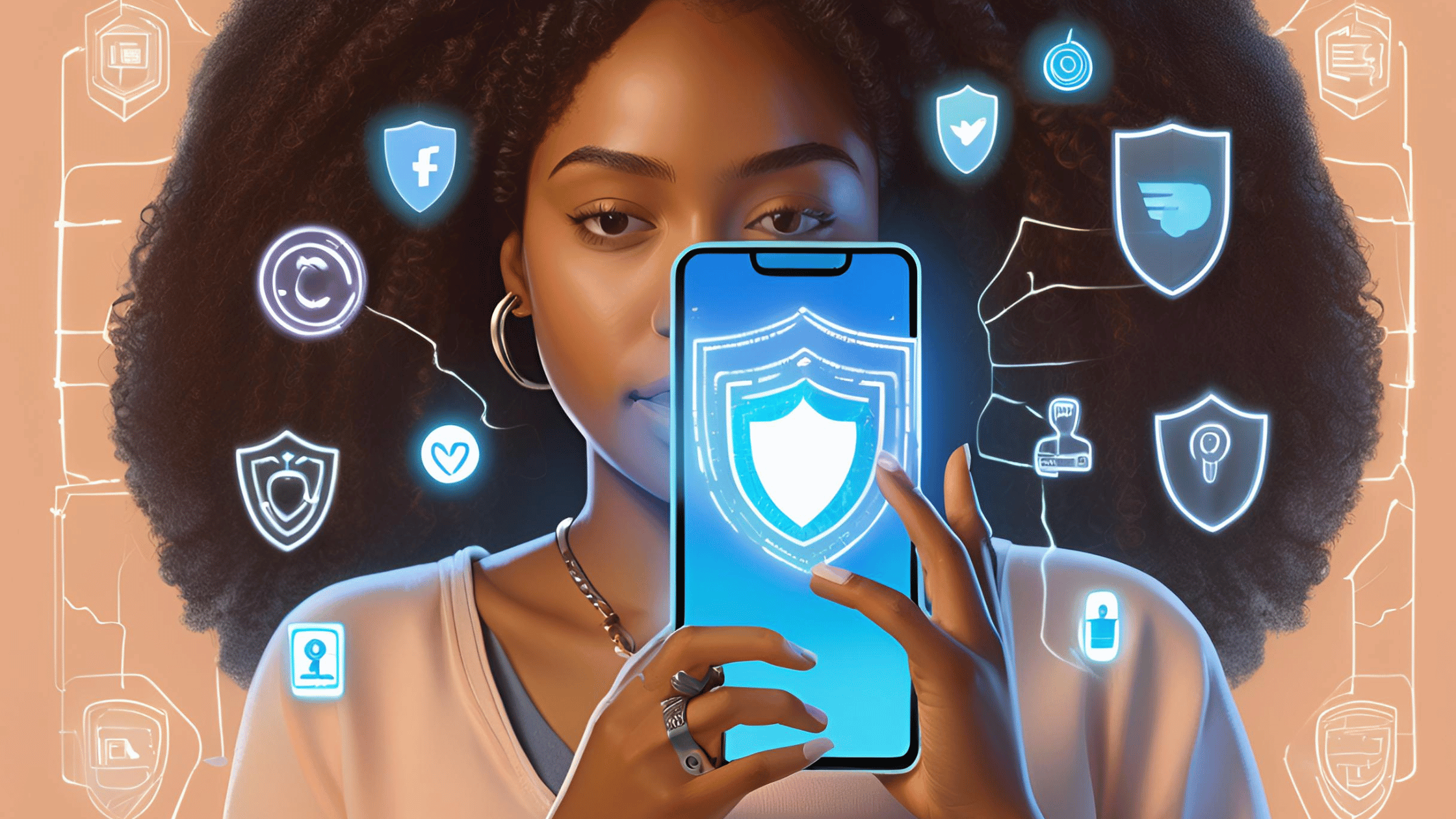Technology has made our lives easier in many ways. We use it to stay connected with friends, share moments with loved ones, and manage our day-to-day activities. However, technology can also be misused. In the context of divorce or separation, some individuals may use digital tools to stalk or monitor their ex-partner’s activities. This behavior can feel invasive and scary, but the good news is that there are steps you can take to protect yourself.
In this post, we’ll talk about how technology is used in stalking, ways to recognize it, and tools to help you stay safe. If you are feeling overwhelmed, remember you’re not alone, and there are resources to support you.
How Technology is Misused in Stalking
Stalking isn’t always physical. Technology can be used to invade someone’s privacy in ways that are harder to detect. Here are some common methods stalkers may use:
- Spyware on Phones or Computers
Spyware is a type of software that can be installed on your device without your knowledge. It allows someone to monitor your calls, messages, emails, and even your location. - GPS Trackers
GPS tracking devices can be hidden in your car or belongings to follow your movements. - Social Media Monitoring
Stalkers may use your social media accounts to track your activities, location, and relationships. - Email or Account Hacking
Accessing your email, social media, or other accounts without permission is another way stalkers try to gather information. - Smart Home Devices
If you’ve shared a home with someone, they might use smart devices like cameras or doorbells to monitor you remotely.
For more insights on safeguarding your privacy, visit our Guide to Digital Safety After Divorce.
How to Protect Yourself From Digital Stalking
It can feel overwhelming to think about all the ways someone could misuse technology, but taking small, practical steps can make a big difference. Here are some tools and strategies to help you protect yourself:
1. Secure Your Devices
- Change Passwords: Update all your passwords regularly. Use strong passwords that include a mix of letters, numbers, and symbols.
- Enable Two-Factor Authentication (2FA): This adds an extra layer of security by requiring a second form of verification, like a text message code, to log in.
- Scan for Spyware: Use trusted antivirus software to check for and remove spyware from your devices.
For a detailed guide, check out our post on Rebuilding Your Privacy After Divorce.
2. Check for GPS Trackers
- Inspect your car and belongings for any small devices that might be hidden.
- If you’re unsure, consider visiting a mechanic or professional to help with a thorough check.
3. Protect Your Social Media Accounts
- Review Privacy Settings: Set your accounts to private so only approved people can see your posts.
- Be Mindful of What You Share: Avoid posting your current location or details that could give away your routines.
- Block and Report: Block your stalker on all platforms and report any harassment to the platform’s support team.
4. Use Safe Communication Apps
- Use apps like Signal or WhatsApp for encrypted communication. These apps protect your conversations from being intercepted.
- Avoid using shared or old accounts that your ex-partner might still have access to.
5. Reset or Remove Smart Devices
- If you’ve moved out of a shared home, reset any smart home devices like cameras, thermostats, or voice assistants.
- For safety, disconnect or replace devices your ex-partner may have access to.
When to Seek Professional Help
If you suspect someone is stalking you using technology, don’t hesitate to seek help. Contact law enforcement, especially if you feel unsafe. Many organizations also offer support for victims of stalking. For legal advice, read our guide on Legal Rights Against Stalking During Divorce.
Final Thoughts
Technology can feel like both a blessing and a curse during difficult times. While it’s true that it can be misused, you have the power to take steps to protect yourself. By securing your devices, being cautious with social media, and using the right tools, you can regain control and feel safer.
Remember, you are not alone in this journey. If you ever feel lost or need support, reach out to trusted friends, family, or professional resources. Your safety and peace of mind matter.


